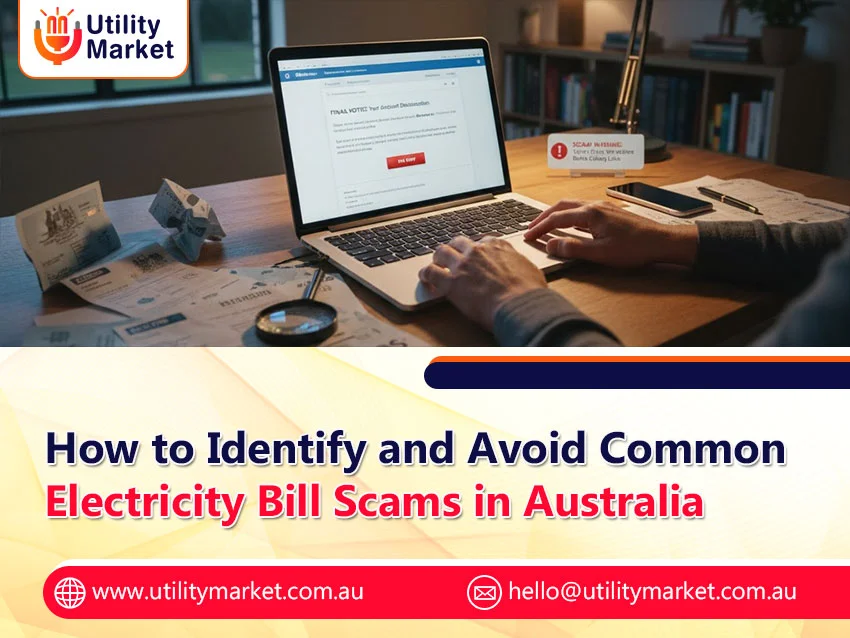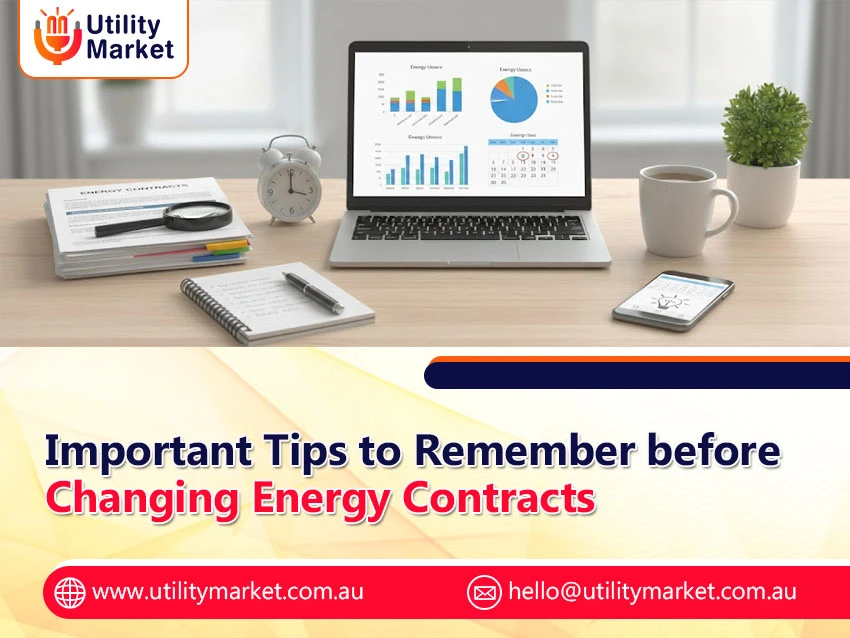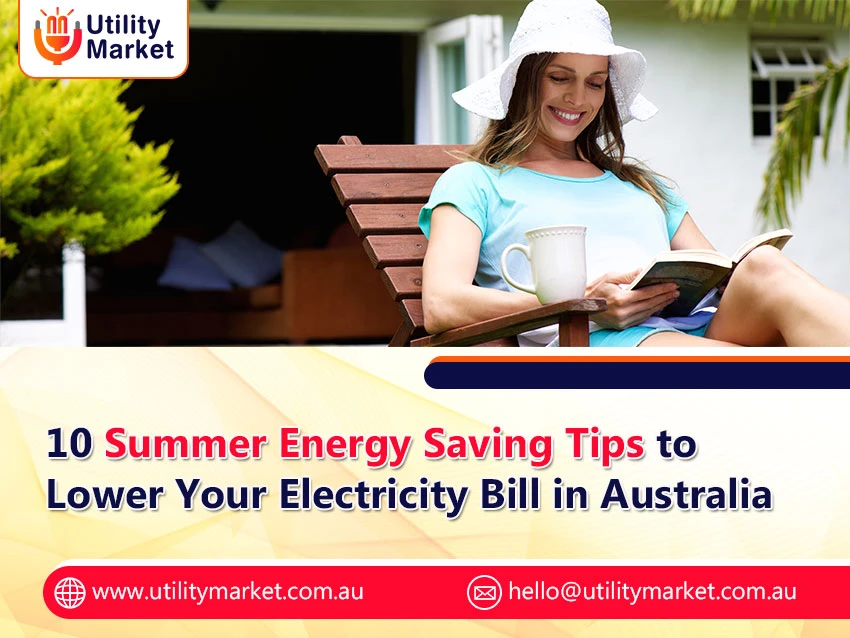
How to Identify and Avoid Common Electricity Bill Scams in Australia
Published November 5, 2025
Although technology has made paying our bills a whole lot easier, some persistent scams continue to plague the Australian energy market. Electricity bill scams in Australia have become increasingly common, with fake electric bills being one of the most widespread. Go to any website of any energy company, and there are glaring warnings cautioning customers about recent phone and door-to-door frauds taking place across the country.
You might be great with spotting a scam from miles away, but remember: the more you learn about them, the better scammers become at masking their intentions. Anyone can be deceived. Here are some helpful tips that might help you recognize fraudulent bills and protect yourself from scammers.
What is an electricity bill scam?
An electricity bill scam refers to fraudsters who represent themselves as authentic energy providers in order to successfully dupe customers into paying non-existent bills.
These scams can be initiated through means such as phone calls, emails, SMS, or door-to-door visits. In most cases, fraudsters create urgency, threatening disconnection of electricity if payment is not made immediately.
How to spot an electricity bill scam
The warning signs can be very important to recognize when scams become more sophisticated. If you think that you are dealing with a scam message, the best thing you would be able to do is getting in touch with energy provider directly.
Never click on any suspicious links or give out personal information unless you are sure you are dealing with your real provider. And always remember one thing-if the offer sounds too good, then it probably is a scam.
Always double check your account number
If someone gives you a call discussing about your energy bill, double check with the person over phone about your account number and ask them to read it. If they cannot verify your account number, chances are it might be spam. So, it’s wise to call your electricity company and verify. Generally, if there is no Account details, chances are it could be a scam.
Check the energy provider email
If you’ve been sent a bill via email, you should double check where the email has come from first and foremost. Usually you can tell whether or not an email has come from a scam provider based on this alone. Many scammers will choose to send emails en masse to people in the hope of fooling them because this is a fast way to catch people off guard.
Are the details personal?
A legitimate electric bill usually contains your full name and other specific details, such as your address. If the message is too generic and too impersonal, it may be a scam that was sent out en masse. Compare the older bills you get via post and email for what details your usual provider includes.
Spelling mistakes
Bills coming from legit providers are usually error-free. If you have received a bill with awkward phrasing, spelling mistakes, and inconsistencies, then it may be a scam that’s easy to recognize.
Website is not genuine
First of all, it’s very important to check that the links you were referred to are really legit. They do have a lock in the left corner of the web address to show its security certificate, and if something seems off, contact your provider and find out what’s right and what’s wrong.
Never download files from links
If you are emailed a link to go to, just ignore the link and go to the provider website to find the information you need.
Contact Utility Market
If you’re worried of your details being stolen, or your energy company isn’t doing enough to protect you against scammers, then contact Utility Market and we will walk you through the switching process. Utility Market can work with you to ensure that you are matched to the best provider for your budget.





